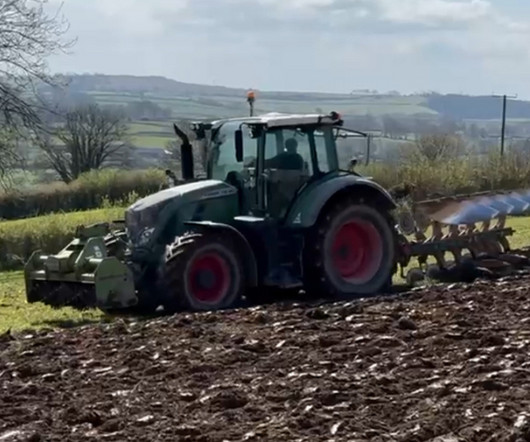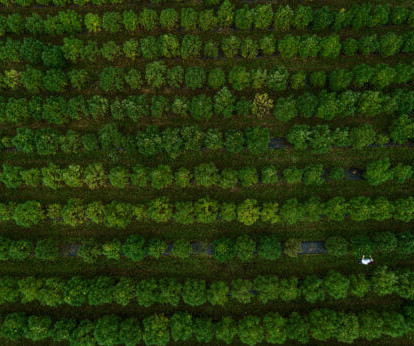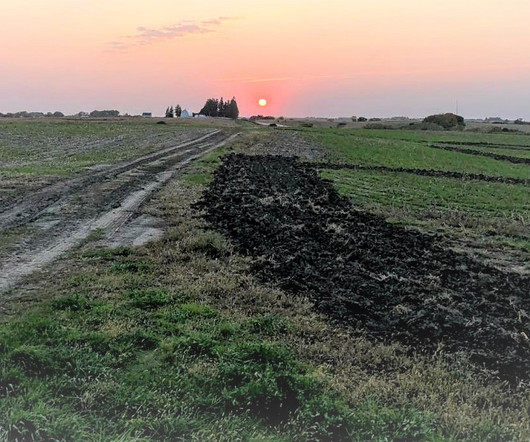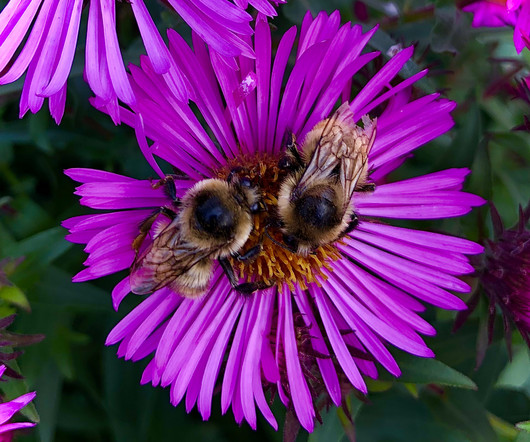It’s not the plough, but the how!
Sustainable Food Trust
JANUARY 14, 2025
As news of weed killer resistant plants hits the headlines, Patrick Holden reflects on discussions at the latest Oxford Real Farming Conference, highlighting why the plough may not be the worst option when it comes to nature-friendly cultivation. The theme was how ploughing and cultivation can be good for soil health.













Let's personalize your content